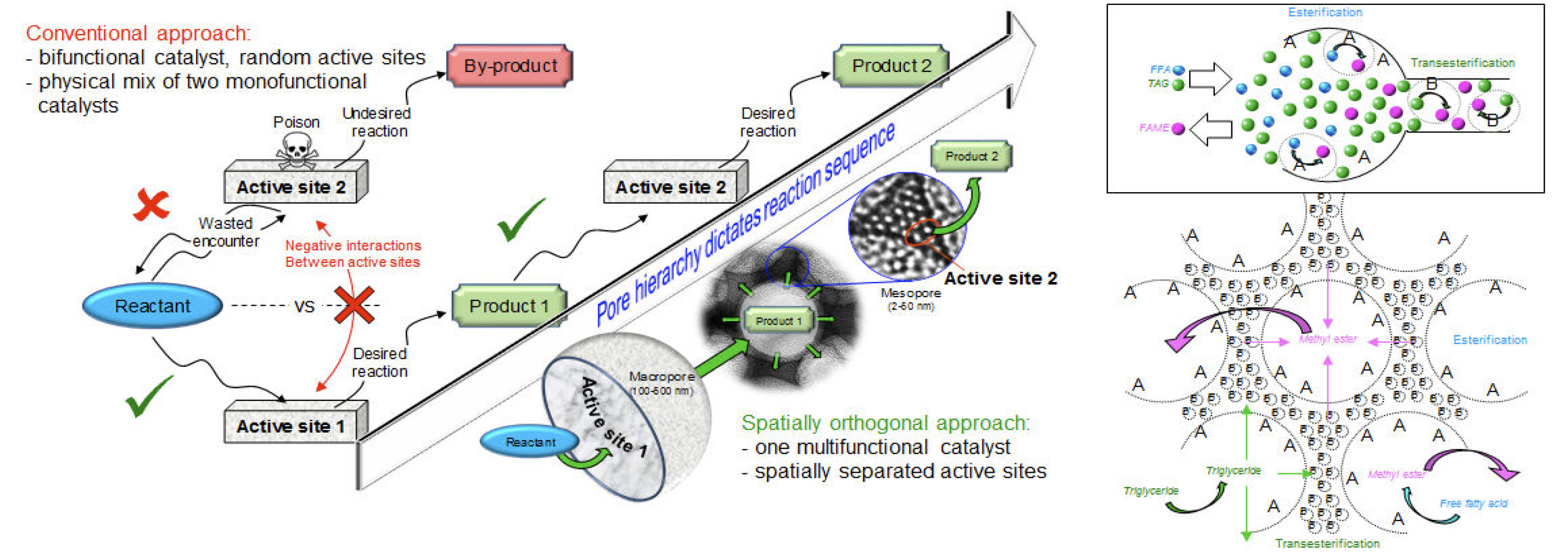

题目:Multifunctional Catalysts for Chemical Cascades
时间:2023年4月19日 14:00-16:00
地点:机械与动力工程学院 A701
报告人:Prof. Adam F. Lee(澳大利亚格里菲斯大学)
邀请人:江治 副教授(新能源动力研究所)
Biography
 Adam is Professor of Sustainable Chemistry at Griffith University, and a Professorial Visiting Scientist at the Commonwealth Scientific and Industrial Research Organisation (CSIRO). He has previously held Chair appointments at Cardiff, Warwick, Monash, Aston and RMIT Universities. Adam’s research addresses the rational design of nanoengineered materials for energy, environmental and health applications. He is a Fellow of the Royal Society of Chemistry and Royal Australian Chemical Institute, Associate Fellow of the IChemE, Editor-in-Chief of Materials Today Chemistry, and recipient of the 2011 McBain Medal of the Royal Society of Chemistry and SCI, and 2012 Beilby Medal and Prize of the Royal Society of Chemistry, IOM3, and SCI. Adam has co-authored 300 peer-reviewed publications on catalysis, materials and surface science (h=index 76, 21289 cites) and his current research focuses on biomass valorisation and CO2 utilisation.
Adam is Professor of Sustainable Chemistry at Griffith University, and a Professorial Visiting Scientist at the Commonwealth Scientific and Industrial Research Organisation (CSIRO). He has previously held Chair appointments at Cardiff, Warwick, Monash, Aston and RMIT Universities. Adam’s research addresses the rational design of nanoengineered materials for energy, environmental and health applications. He is a Fellow of the Royal Society of Chemistry and Royal Australian Chemical Institute, Associate Fellow of the IChemE, Editor-in-Chief of Materials Today Chemistry, and recipient of the 2011 McBain Medal of the Royal Society of Chemistry and SCI, and 2012 Beilby Medal and Prize of the Royal Society of Chemistry, IOM3, and SCI. Adam has co-authored 300 peer-reviewed publications on catalysis, materials and surface science (h=index 76, 21289 cites) and his current research focuses on biomass valorisation and CO2 utilisation.
Abstract
Global acceptance of the anthropogenic origin of climate change from combustible carbon is driving the quest for new routes to sustainable energy sources [1]. Catalysis has a rich history of facilitating energy efficient, selective molecular transformations [2], and will play a pivotal role in overcoming the scientific and engineering barriers to sustainable and economically viable energy vectors. Here I outline challenges in the design of catalytic technologies for the upgrading of biomass to liquid transportation fuels, and of bio-derived molecules for fine chemical synthesis. Advances in the rational design of nanoporous solid acid and base catalysts enable the fabrication of hierarchical porous architectures [3] for energy efficient conversion of bio-oil components into biodiesel. Judicious compartmentalisation of different active sites within hierarchical porous frameworks (Figure 1) permits biodiesel production from low grade oils which cannot be processed by current technologies. Synergies between nanoporous solid acids and metal nanoparticles also facilitate active and selective upgrading of phenolic components of pyrolysis bio-oils to hydrocarbon fuels, and precious metal thrifting [4]. Active site compartmentalisation also facilitates chemical cascades to produce valuable chemical intermediates, exemplified by the stepwise production of cyanoesters [3].

Figure 1.Spatially orthogonal acid-base catalyst for biodiesel production from low grade oil.
References:
[1] S. Chu and A. Majumdar, Nature, 2012, 488, 294.
[2] X. Zhang, K. Wilson and A. F. Lee, Chem. Rev., 2016, 116, 12328.
[3] M. A. Isaacs, C. M. A. Parlett, N. Robinson, L. J. Durndell, J. C. Manayil, S. K. Beaumont, S. Jiang, N. S. Hondow, A. C. Lamb,
D. Jampaiah, M. L. Johns, K. Wilson and A. F. Lee, Nat. Catal., 2020, 3, 921.
[4] A. Shivhare, J. A. Hunns, L. J. Durndell, C. M. A. Parlett, M. A. Isaacs, A. F. Lee and K. Wilson, ChemSusChem, 2020, 13, 4945.